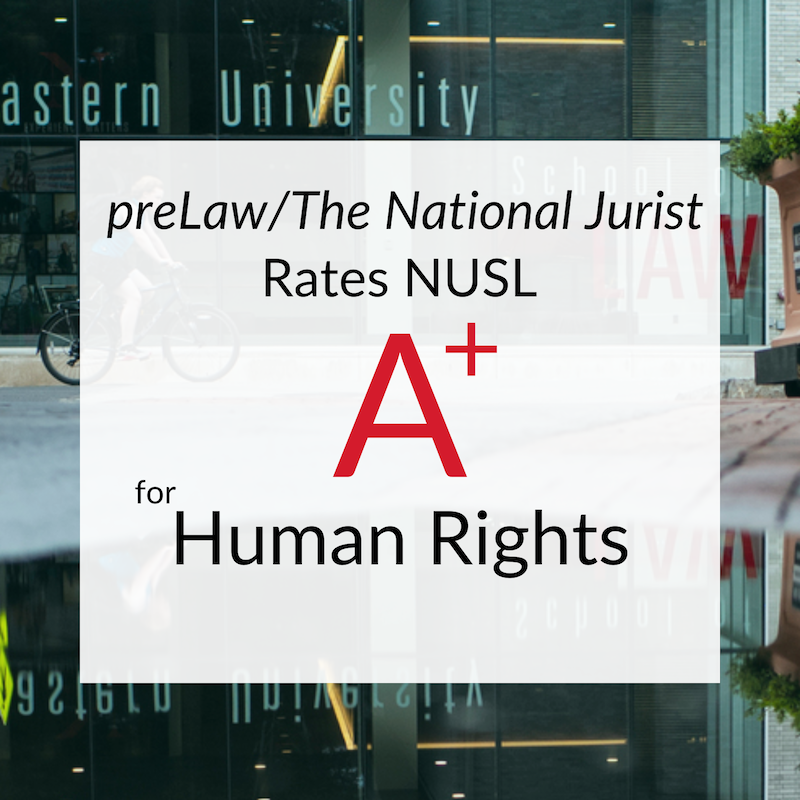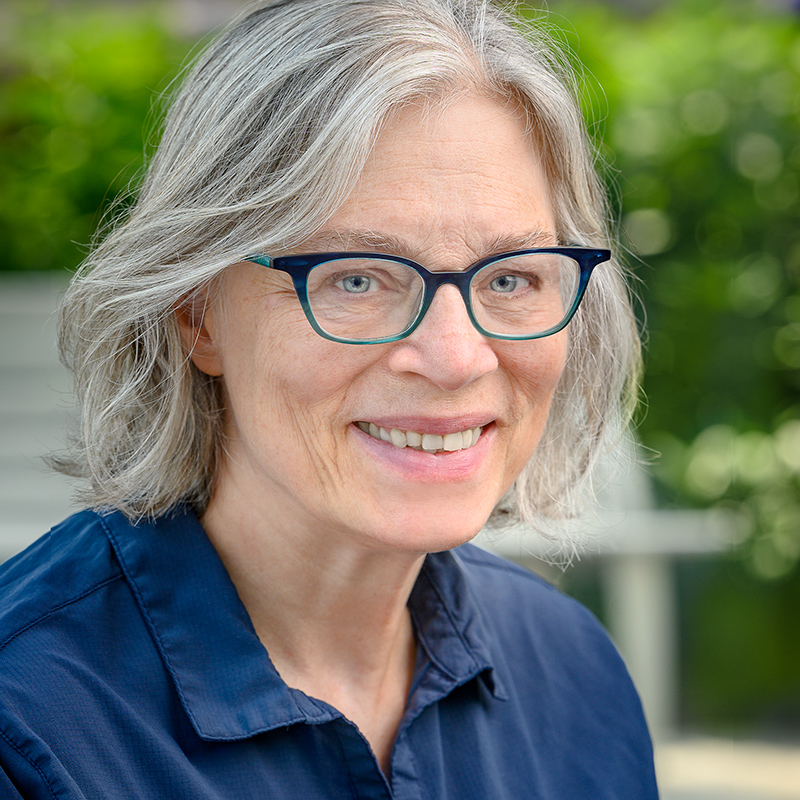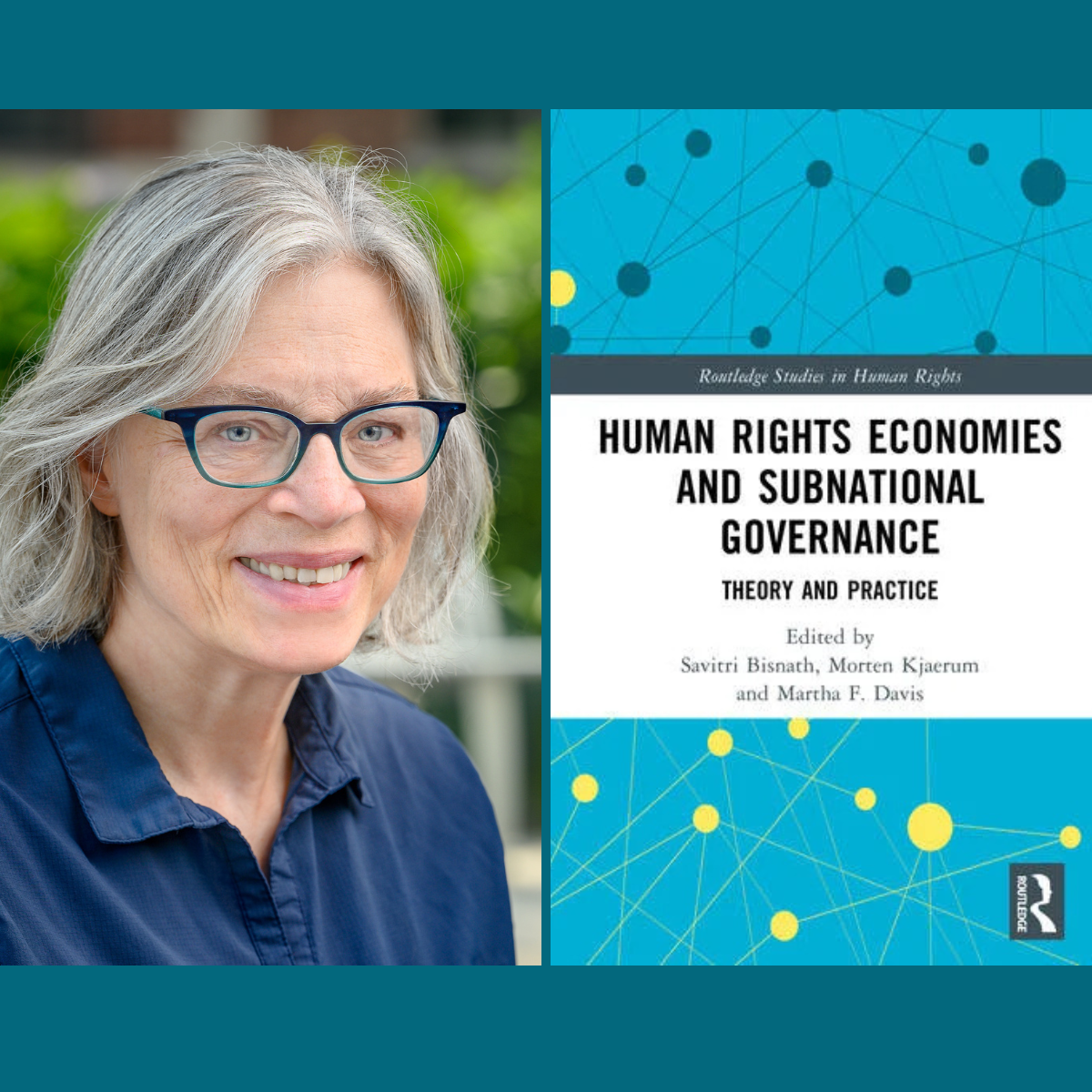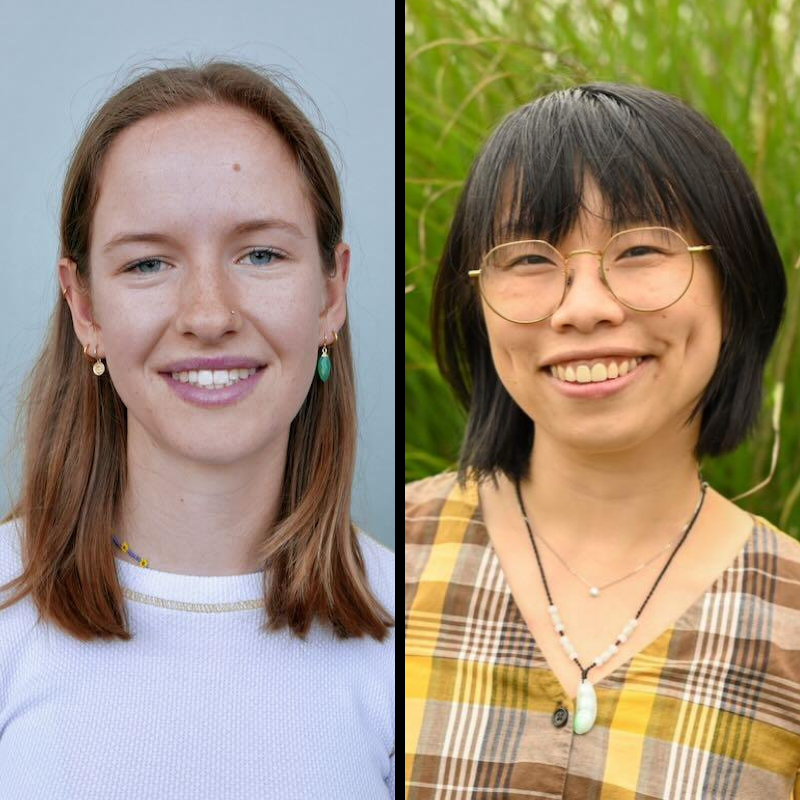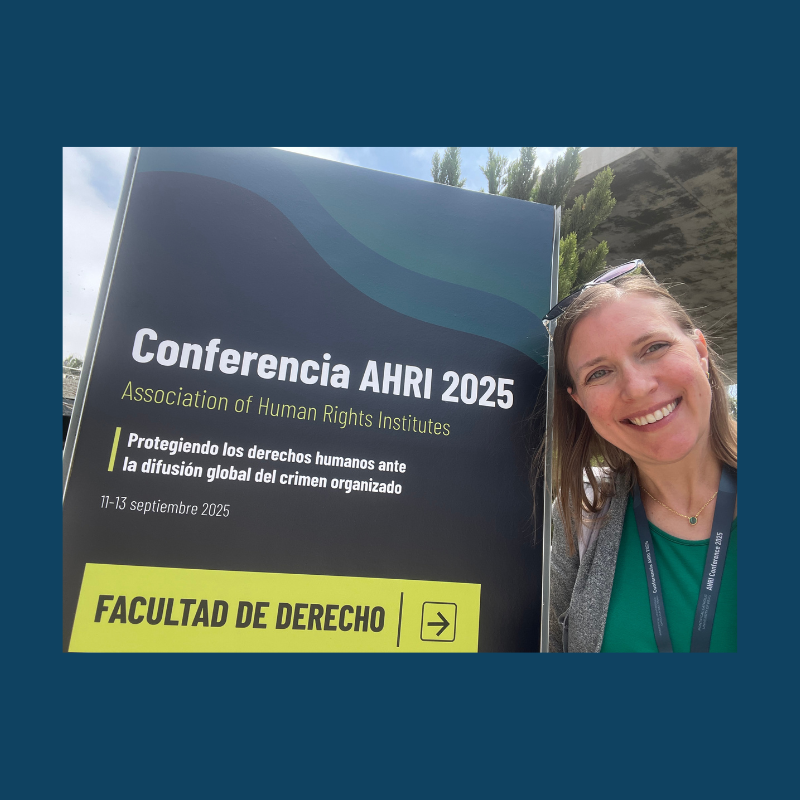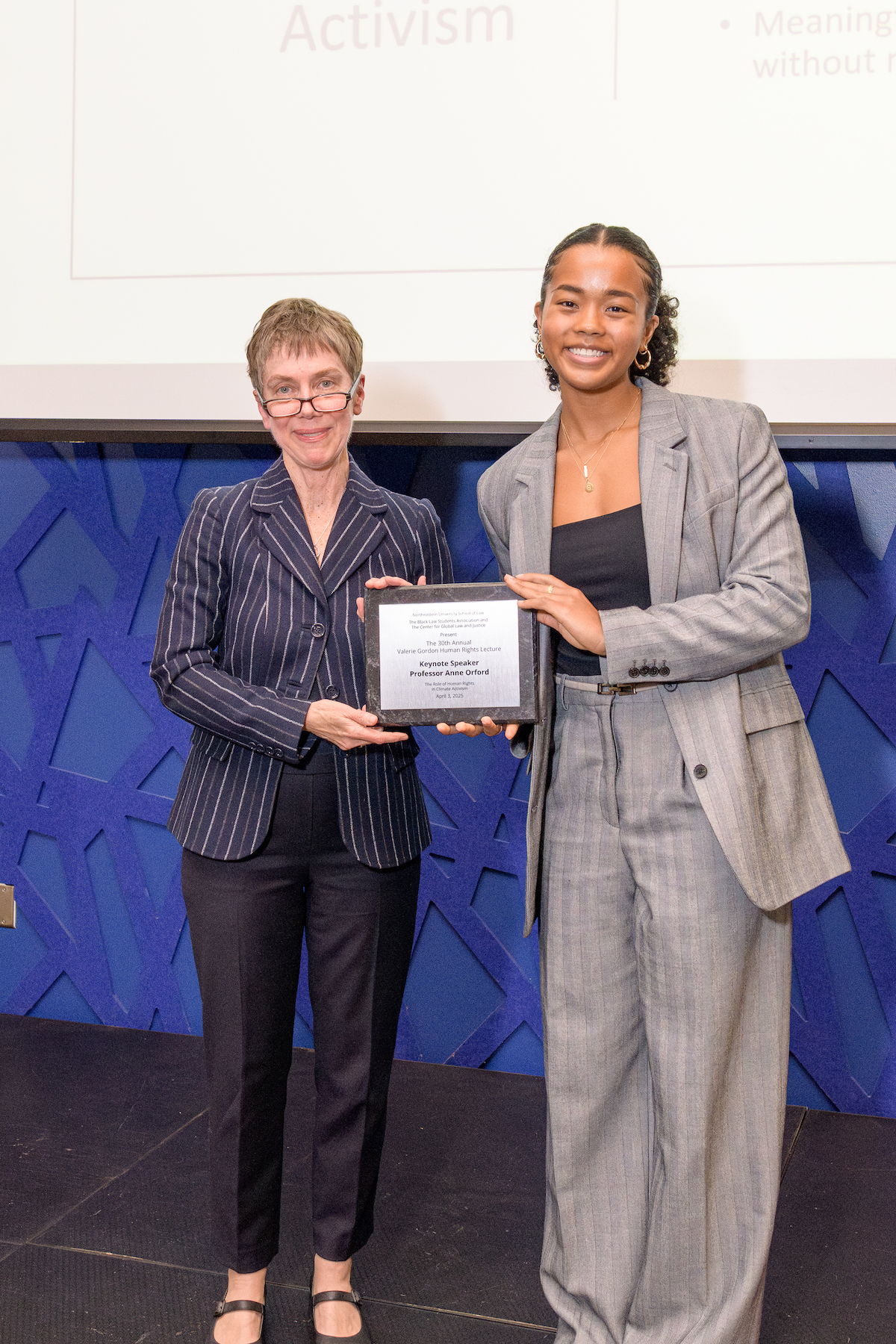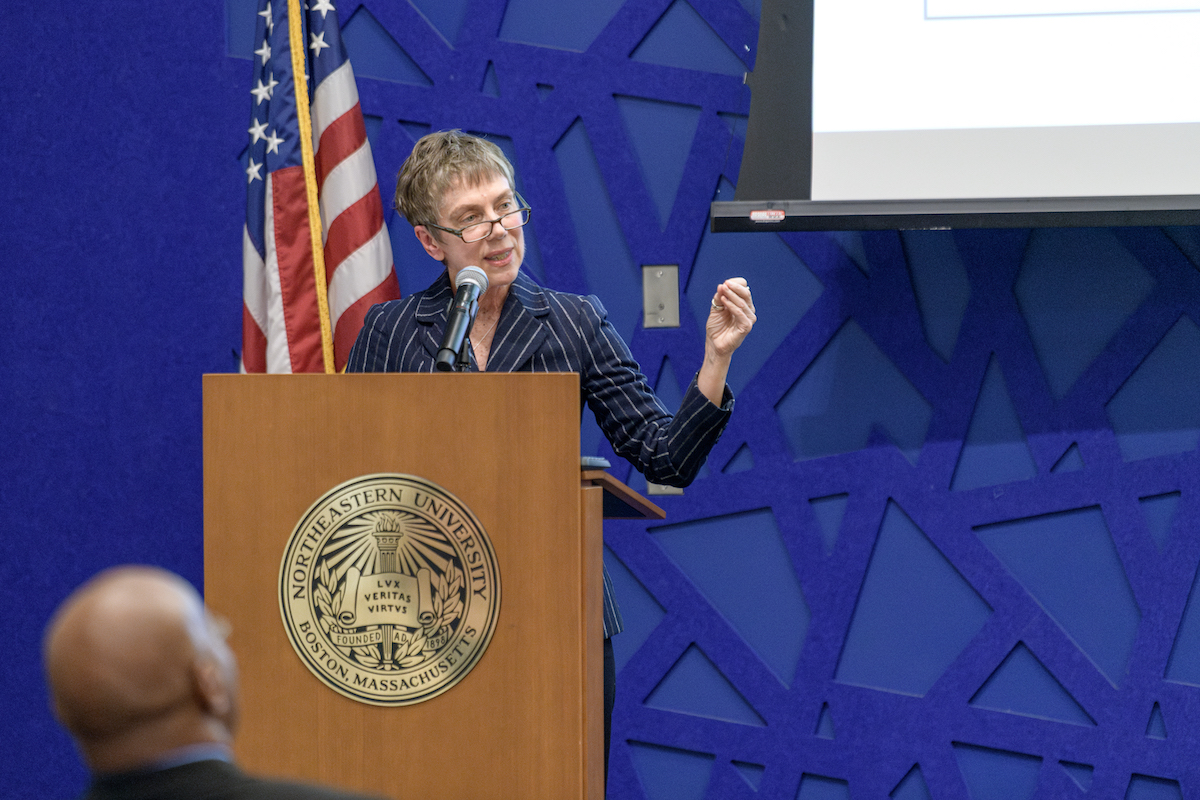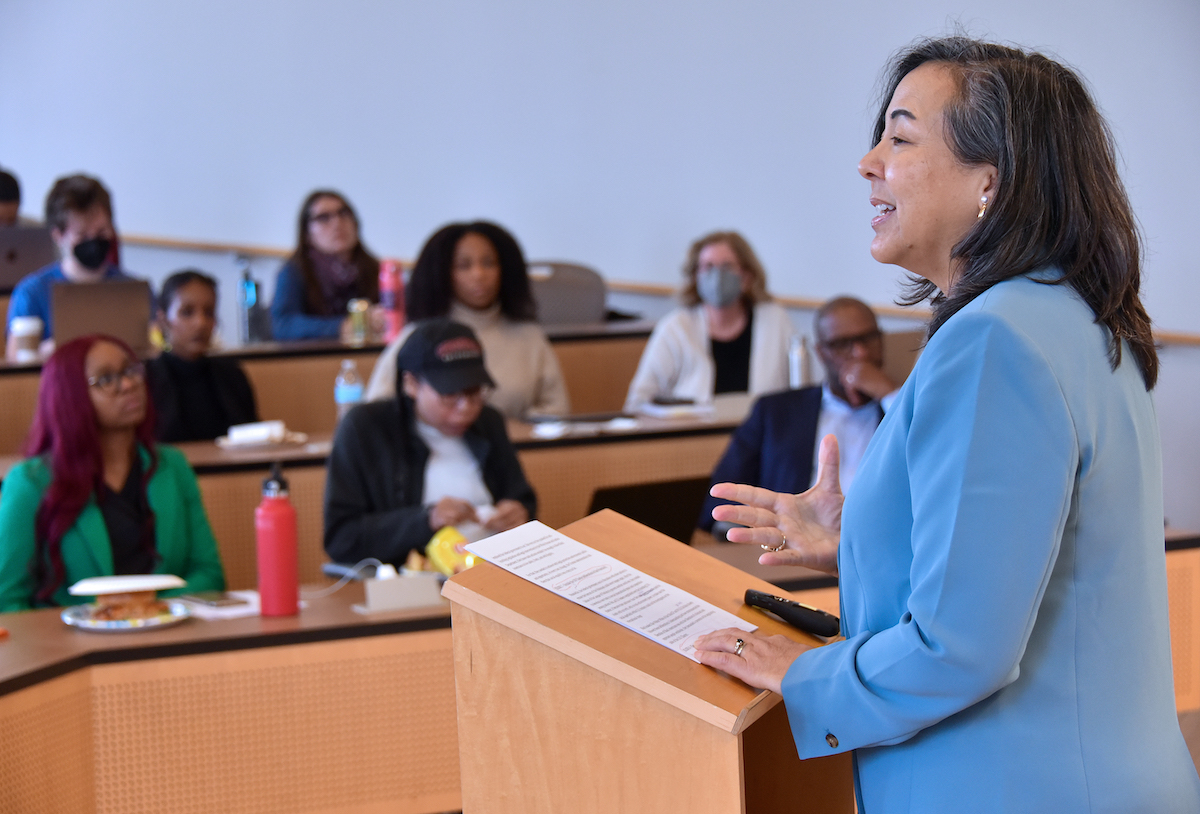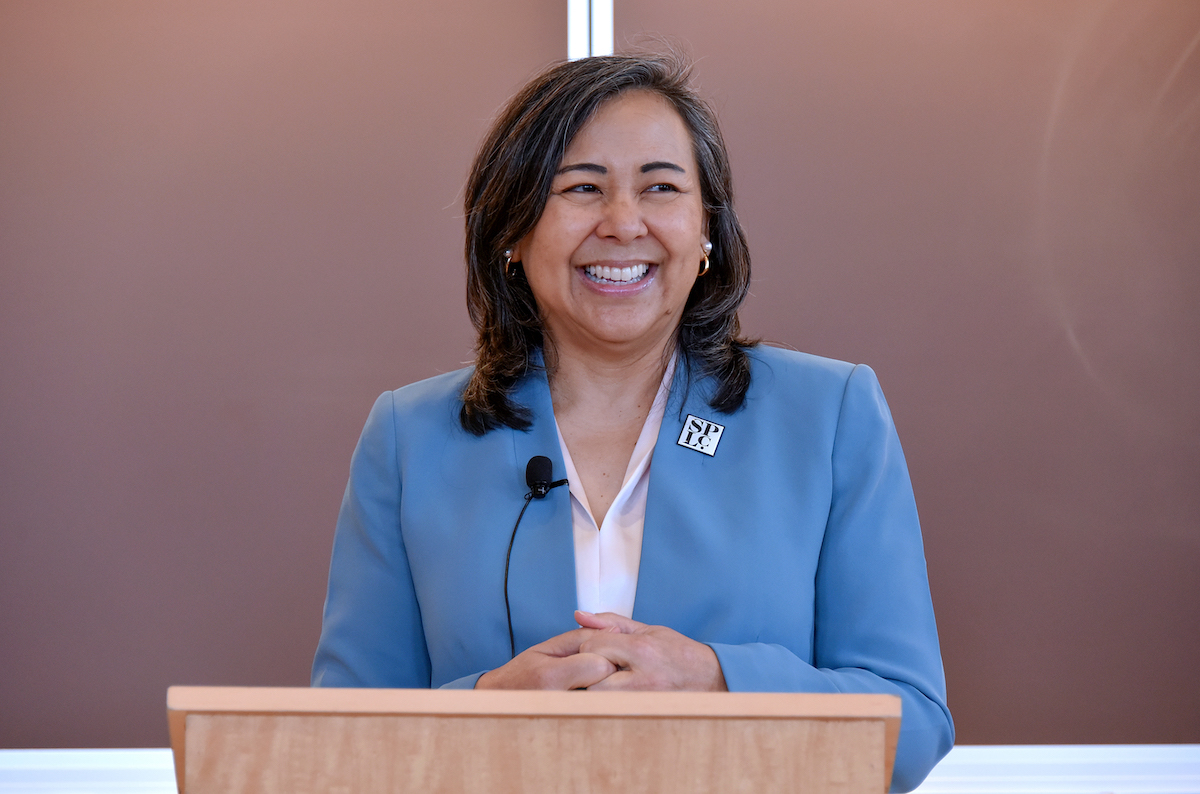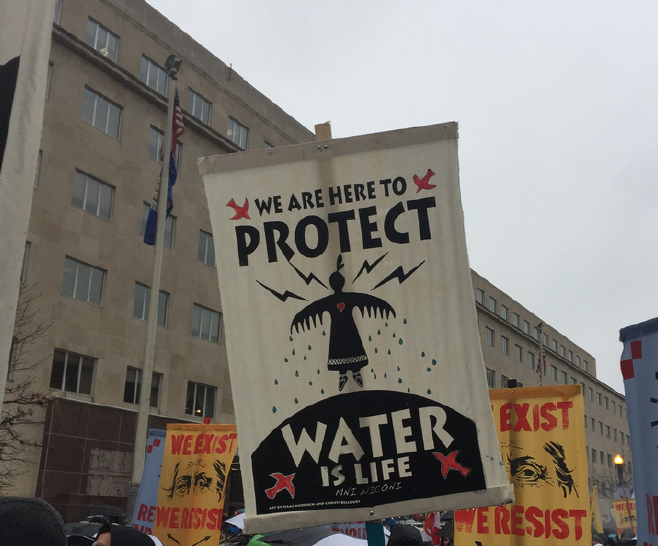Program on Human Rights and the Global Economy
The Program on Human Rights and the Global Economy (PHRGE) is now part of the Center for Global Law at Justice (CGLJ) at the Northeastern University School of Law. To keep up with PHRGE news, please join the CGLJ mailing list.
Our Mission
The Program on Human Rights and the Global Economy (PHRGE) at Northeastern University School of Law was founded in 2005. Our mission is threefold:
- To promote human rights, particularly economic, social and cultural rights, within the Northeastern community;
- To support cutting-edge scholarship on human rights with a particular focus on economic, social, and cultural rights;
- To work to implement human rights norms and sound economic development approaches worldwide.
2023 ICCPR Review of the United States
PHRGE submitted two shadow reports for the review of the United States conducted by the United Nations Human Rights Committee on the International Convention on Civil and Political Rights (ICCPR):
- With Food & Water Watch, Center for Constitutional Rights, and Community Members of Jackson Mississippi, Drinking Water Access and Affordability & U.S. Compliance with the International Covenant on Civil and Political Rights, and
- With the American Civil Liberties Union (ACLU), Amnesty International, International Association of Official Human Rights Agencies (IAOHRA), Southern Poverty Law Center (SPLC), University of California Irvine International Justice Clinic, Human Rights Educators USA, and University and College Consortium for Human Rights Education, Toward an Effective National Human Rights Institution for the USA.
Professor Martha Davis and PHRGE Co-op Students Jennifer Loveland Rose ‘25 and Zain Walker ‘24 attended the ICCPR Review in Geneva, where they advocated for the human right to water and for the importance of establishing a national human rights institution in the United States.
Prior to traveling to Geneva, Jennifer Loveland-Rose ’25 provided extensive comments on PHRGE's use of international human rights mechanisms to promote the right to water in an interview conducted by Mary Grant of Food & Water Watch: Bringing U.S. Failures on Our Equal Right to Water to the World Stage.
2023 Symposium on Human Rights Treaties
This virtual program featured keynote speaker Meg Satterthwaite, UN special rapporteur on the independence of judges and lawyers; Jamil Dakwar, director of the ACLU’s Human Rights Program; and Margaret Huang, executive director of the Southern Poverty Law Center. The event included sessions on the courts and US compliance with treaty obligations as well as the treaty review process in the US. Multiple organizations co-sponsored the event, with funding from the Libra Foundation. More than 250 registrants attended, and CLE credit was offered for California and New York. For more information and to watch a video recording of the program, please visit the symposium site.
2023 World Water Day
For World Water Day 2023, PHRGE collaborated with the University of Miami Human Rights Clinic and the Indigenous Safe Housing Center on two new, accessible fact sheets on the human right to water. One fact sheet (English version | Spanish version) provides general information about the right, including government obligations to ensure access to water. The other fact sheet addresses issues relating to indigenous water rights, including access to water for spiritual and cultural uses. These publications join PHRGE’s series of briefing papers on water rights, available on PHRGE’s Right to Water webpage.
2023 US Visit of UN Expert Mechanism to Advance Racial Justice
PHRGE and the Center for Race, Equality, and the Law (CLEAR) co-authored a report, The Absence of Accountability for Police Violence towards People of African Descent in the United States of America, and submitted it to the U.N. Expert Mechanism to Advance Racial Justice and Equality in the Context of Law Enforcement in anticipation of its visit to the United States from April 24 to May 5, 2023.
2022 CERD Review of the United States
PHRGE submitted two shadow reports for the review of the United States conducted by the United Nations Committee on the Elimination of All Forms of Racial Discrimination: (1) with the National Coalition for a Civil Right to Counsel, Race and Representation in the United States: Civil Right to Counsel as a Human Right, and (2) with the International Association of Official Human Rights Agencies, Toward An Effective National Human Rights Institution for the United States of America.
Professor Martha Davis and PHRGE Co-op Student Jennifer Wakefield '23 attended the CERD Review in Geneva, where they advocated for the civil right to counsel as a human right and for the importance of establishing a national human rights institution in the United States.
Featured Publications
Accessing Municipal Police Policies in Massachusetts Using Public Records Requests
As part of its work with the Partnership for Immigrants’ Rights, the Program on Human Rights and the Global Economy has issued a report, “Accessing Municipal Police Policies in Massachusetts Using Public Records Requests.” The report, co-authored by Andra Lehotay de León ’23, Nora Doherty ’24 Julia Tempesta ’24, and Elizabeth Ennen ’08, director of PHRGE, provides guidance on obtaining policy documents from Massachusetts police departments. The goal of the report is to facilitate police-related advocacy on a wide range of human rights issues, including immigrants’ rights and racial justice. The report is designed to be useful to advocates with and without law degrees.
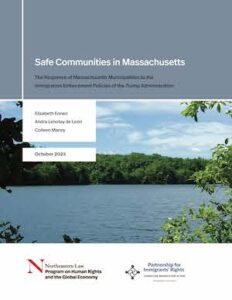 As part of its work with the Partnership for Immigrants’ Rights, PHRGE has issued a report, “Safe Communities in Massachusetts: The Response of Massachusetts Municipalities to the Immigration Enforcement Policies of the Trump Administration.” The report, co-authored by Elizabeth Ennen ’08, director of PHRGE, Andra Lehotay de León ’23 and Colleen Maney ’20, details how towns and cities in Massachusetts responded to Trump-era immigration policies by enacting “safe community” or “sanctuary” policies at the municipal level. These policies are designed to express support for immigrants and to decrease the participation of local police departments in federal immigration enforcement.
As part of its work with the Partnership for Immigrants’ Rights, PHRGE has issued a report, “Safe Communities in Massachusetts: The Response of Massachusetts Municipalities to the Immigration Enforcement Policies of the Trump Administration.” The report, co-authored by Elizabeth Ennen ’08, director of PHRGE, Andra Lehotay de León ’23 and Colleen Maney ’20, details how towns and cities in Massachusetts responded to Trump-era immigration policies by enacting “safe community” or “sanctuary” policies at the municipal level. These policies are designed to express support for immigrants and to decrease the participation of local police departments in federal immigration enforcement.
(PHRGE) has partnered with Food & Water Watch, the Center for Constitutional Rights and community members of Jackson, Mississippi, to submit a coalition report on drinking water access and affordability to the United Nations Human Rights Committee. As part of its 139th session which convenes in Geneva on October 9, the Committee will conduct a review of the U.S. with regards its implementation of the International Covenant on Civil and Political Rights (ICCPR). The report, “Drinking Water Access and Affordability & U.S. Compliance with the International Covenant on Civil and Political Rights,” was spearheaded by Professor Martha Davis, PHRGE's faculty co-director, and Jennifer A. Loveland-Rose ’25. In the submission, the coalition calls attention to the discriminatory deprivation of access to clean and affordable drinking water that Black, brown and Indigenous communities face in the U.S. compared to their white counterparts and argue that water is a human right enshrined in the right to life under the ICCPR.
DATA ON TAP: Realizing Human Rights through Water Utility Reporting Laws
This briefing paper examines U.S. initiatives to promote water policy transparency through the lens of this human right. This is PHRGE’s eighth publication in a series on the human right to water. The other publications are: (1) “The Human Right to Water: A Research Guide and Annotated Bibliography”; (2) ”The Human Right to Water: Using Freedom of Information Laws to Understand Rising Water Rates;” (3) “The Human Right to Water: A Primer for Lawyers and Community Leaders;” (4) “A Drop in the Bucket: Water Affordability Policies in Twelve Massachusetts Communities;” (5) “Disconnected: How Household Water Shutoffs in the United States During the COVID Pandemic Violate the Human Right to Water;” (6) “Voluntary Local Reviews and the Human Right to Water.” and (7) “How Five Creative Water Utilities Are Assisting “Hard-to-Reach” Renters as Water Rates Rise.”

Recognizing the Human Right to a Healthy Environment: Annotated Bibliography
This article appeared in Extra Legal, a publication of the Northeastern University Law Review, on January 27, 2023. It is co-authored by Solène Kerisit, a master’s degree student in public economic law at Sciences Po Law School, and University Distinguished Professor of Law Martha F. Davis, co-director of the Program on Human Rights and the Global Economy (PHRGE) at Northeastern University School of Law. The article, which was developed during Ms. Kerisit’s PHRGE internship in the summer of 2022, provides important resources for advocates and scholars interested in the newly recognized right to a healthy environment.
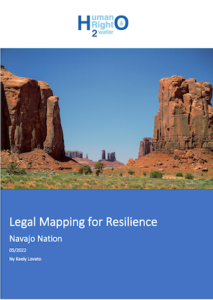
Legal Mapping for Resilience: Navajo Nation, May 2022.
This report on the human rights to water and sanitation was prepared by Keely Lovato ’23 as part of an independent study with Professor Martha Davis.
PHRGE Marks “Imagine a Day Without Water Day” with Report on Ways to Assist Renters
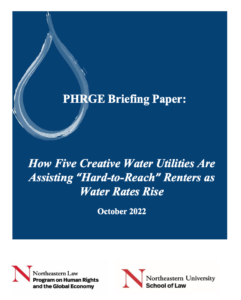
The Program on Human Rights and the Global Economy has released the latest publication in its series on water and human rights in the US, “How Five Creative Water Utilities Are Assisting “Hard-to-Reach” Renters as Water Rates Rise.” The briefing paper examines innovative water assistance programs that reach renters and its release coincides with Imagine a Day Without Water, a national day of action that brings together diverse stakeholders to highlight how water is essential, invaluable and in need of investment.
“Renters have long been excluded from many assistance programs aimed to help low-income consumers with rising water costs, even though they pay for water either directly or indirectly,” said Professor Martha Davis, PHRGE’s faculty director. “This briefing paper highlights five water utilities that have recognized the equity and human rights issues created by renters’ exclusion, and have taken creative steps to ensure that renters get the assistance that they need. We hope that the information in this briefing paper will encourage other water utilities to likewise think outside of the box.”
This is PHRGE’s seventh publication in a series on the human right to water. The other publications are: (1) “The Human Right to Water: A Research Guide and Annotated Bibliography”; (2) ”The Human Right to Water: Using Freedom of Information Laws to Understand Rising Water Rates;” (3) “The Human Right to Water: A Primer for Lawyers and Community Leaders;” (4) “A Drop in the Bucket: Water Affordability Policies in Twelve Massachusetts Communities;” (5) “Disconnected: How Household Water Shutoffs in the United States During the COVID Pandemic Violate the Human Right to Water;” and (6) “Voluntary Local Reviews and the Human Right to Water.”
 Championing Water Rights as Human Rights
Championing Water Rights as Human Rights
In conjunction with her participation in Professor Martha Davis’ Human Rights in the United States seminar, Roshni Patel ’20 is the lead author of a new chapter on the water and human rights, supplementing the 2014 edition of Human Rights in the US: A Handbook for Legal Aid Attorneys. The chapter reflects an ongoing collaboration between the Program on Human Rights and the Global Economy (PHRGE), co-directed by Davis, and Maryland Legal Aid (MLA). Frank Vitale ’14, senior attorney for human rights at MLA, worked closely with Patel as she developed the chapter and expects to put it to use in MLA’s practice.
A Drop in the Bucket: Water Affordability Policies in Twelve Massachusetts Communities
As part of a research team at Northeastern University that is studying water unaffordability and its impacts in 12 Massachusetts communities including Boston, Brockton, Cambridge, Lawrence, Lowell, New Bedford, Springfield, Somerville, Quincy and Worcester, Professor Martha Davis was lead author on PHRGE's fourth publication in a series on the human right to water.
(Released July 2019)
Opportunities
The Program on Human Rights and the Global Economy provides many opportunities for faculty, law graduates, and current students to work on promoting and implementing human rights, particularly economic, social, and cultural rights. It is also the center of human rights research and scholarship at Northeastern University School of Law.
